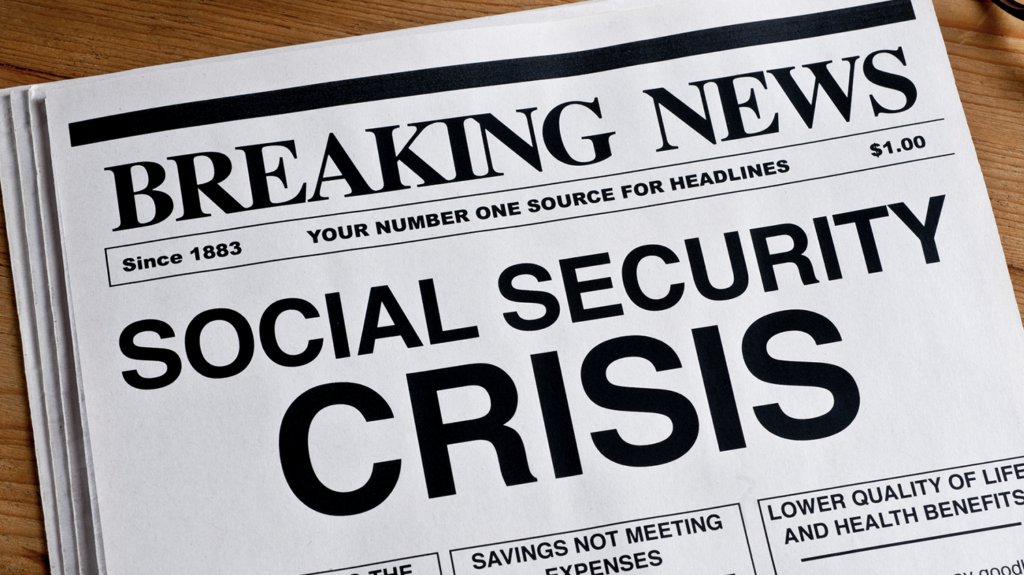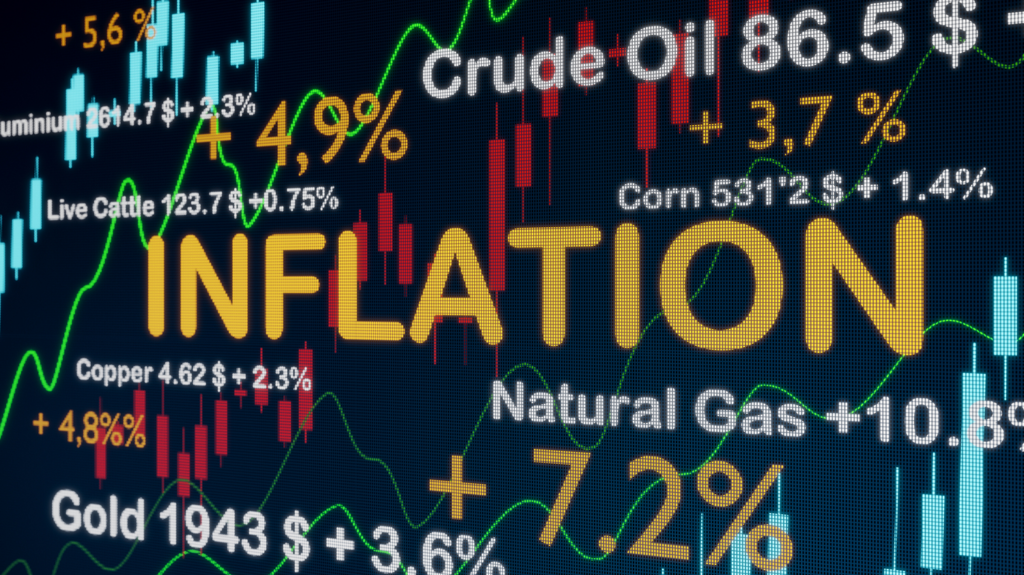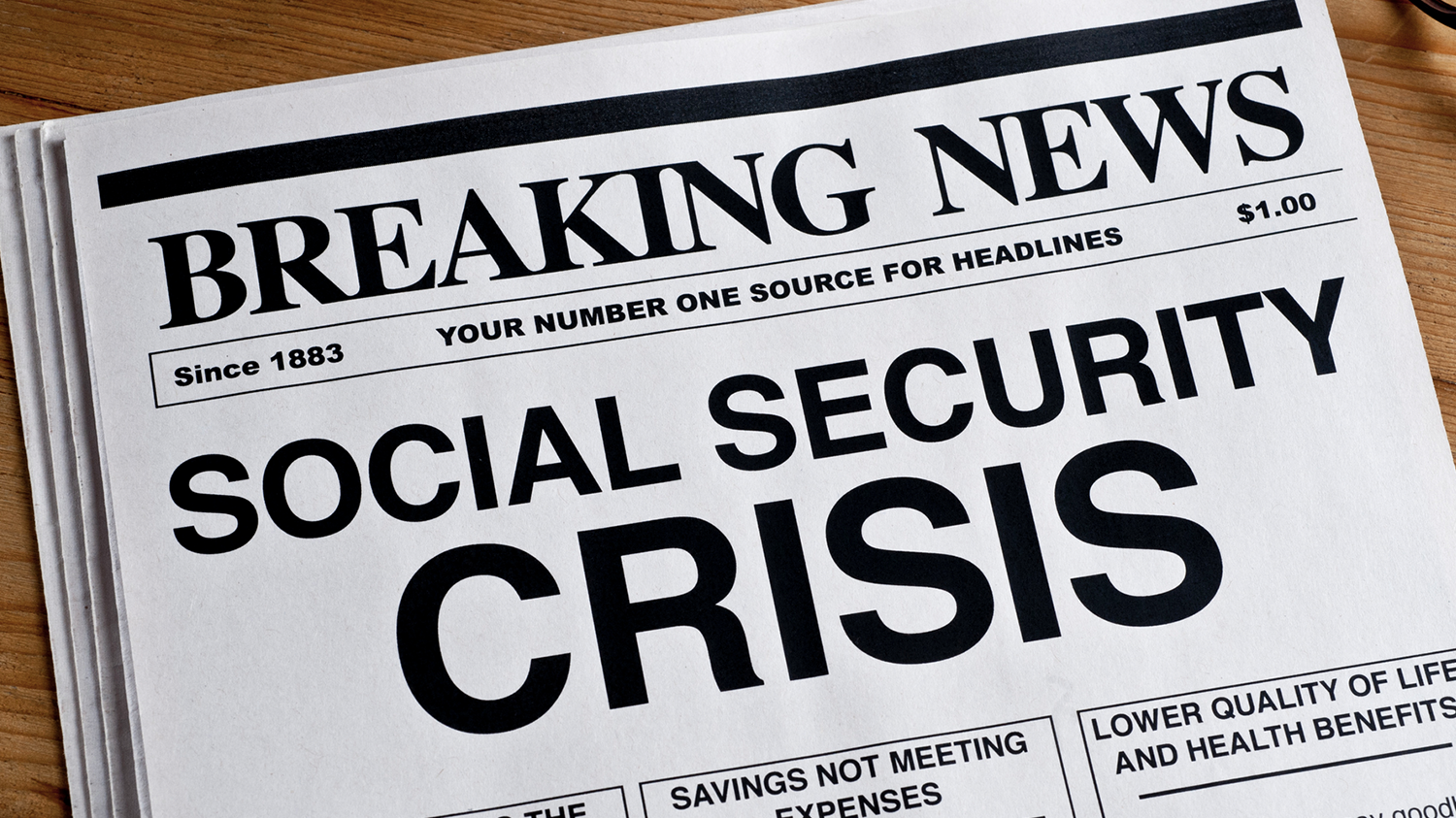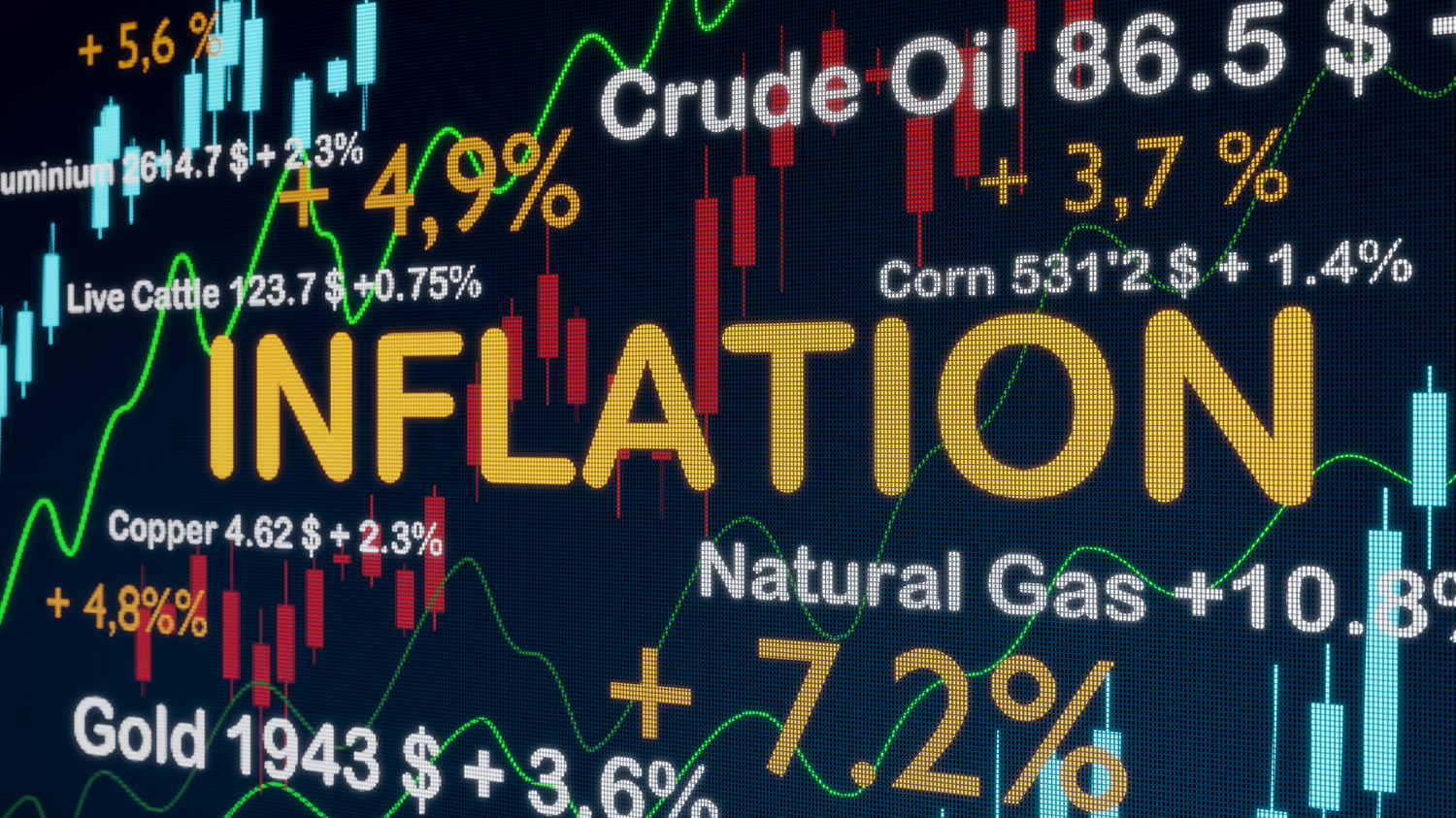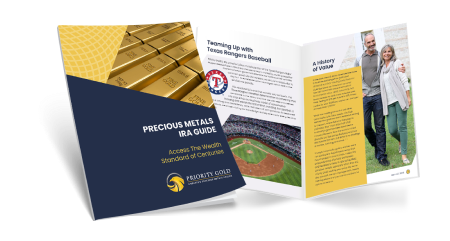A Bear Market In Stocks Will Spark the Next Retirement Crisis
By Howard Gold | June 28, 2018
A recession could decimate even substantial retirement portfolios, and Social Security and Medicare are facing shortfalls.

Almost lost amid the torrent of recent news was a sobering item that will surely have far-reaching consequences.
The U.S. government announced that for the first time since 1982, it is tapping into Social Security trust funds to pay current benefits to recipients and it is dipping into Medicare’s reserves to cover the costs of that program.
The trustees also projected that the trust fund will run out of money by 2034 and that Medicare’s fund for paying costly hospital bills will be depleted by 2026.
That may ultimately force a cowardly Congress to cut benefits, raise taxes, increase the eligibility age, or some combination of the three. For the 52% of Americans who rely on Social Security for more than half their retirement income and the 25% of retirees who get more than 90% of their income from the program, that would be a disaster.
But the 10,000 baby boomers who will turn 65 every single day from now until 2029 face an even broader retirement crisis that could cause big social and political fallout.
Over the next few years, we will almost surely confront a bear market and recession that could decimate even substantial retirement portfolios, not to mention financially dicey state and local pension plans and the federal government itself. And those governments will have few tools to fight it. Consider:
• We are in the 10th year of an economic recovery and bull market in stocks. The S&P 500 index SPX, +0.08% has more than quadrupled from its March 2009 bottom, for a compound annual growth rate of 17.5% during that time. Since the S&P 500 has averaged a 10% annual gain over the past 89 years, at some point there has to be a reversion to the mean.
In fact, major investment firms like Morgan Stanley MS, +2.47% Vanguard and Charles Schwab SCHW, -0.52% are increasingly cautious about stocks over the next 10 years. We may not experience a “lost decade,” as we did in the 2000s, but subpar returns—and another bear market—appear highly likely.
• That would mean a big hit even to retirees who have saved and invested well. (The average bear market lasts 15 months and its average decline in stocks is 32%.) Although the booming stock market pushed average balances for IRAs and 401(k)s at Fidelity to $100,000 each earlier this year, that same firm said almost half of boomers won’t be able to afford basic expenses in retirement.
• It also would mean a big hit to state and local government pension funds, which according to Wilshire Consulting had about 65% of their holdings in equities as of 2016. State and local pension funds had around $4 trillion in assets in 2017 and nearly $1.8 trillion in unfunded liabilities. Managers of those funds now count on returns of over 7% a year. A bear market or years of subpar performance would especially squeeze states like Illinois, Kentucky, Connecticut and New Jersey, which have the biggest liabilities.
• The deep corporate tax cuts and go-for-broke spending plans passed by the Republican Congress and signed by President Trump all but guarantees trillion-dollar budget deficits as far as the eye can see. This week, the nonpartisan Congressional Budget Office said total federal debt was on track to be the highest as a percentage of GDP since World War II. As interest rates rise and interest expenses take up a bigger chunk of federal spending, Washington will have much less maneuvering room to make Social Security and Medicare sustainable.
• The Federal Reserve, which has raised short-term rates several times and is just beginning to unwind the nearly $3 trillion it added to its balance sheet to combat the last recession, won’t have many arrows in its quiver to fight the next one. The current federal funds rate is around 2%, and the Fed projects it will rise to 3.5% by 2020. (It got as high as 6.5% in 2000 and 5.25% in 2007.) That means the central bank won’t have much room to cut rates or buy trillions of dollars of bonds as it did the last time. So, don’t count on a “Powell put” to prevent a nasty bear market in the 2020s.
Many retirees have prepared themselves well for whatever the economy and market may bring. But far too many others have not, and their retirement may be in jeopardy if today’s bull market and strong economy become the opposite.
I know we usually manage to survive these things, but it looks like there’s an awful lot to muddle through in the years to come.
Source: MarketWatch


